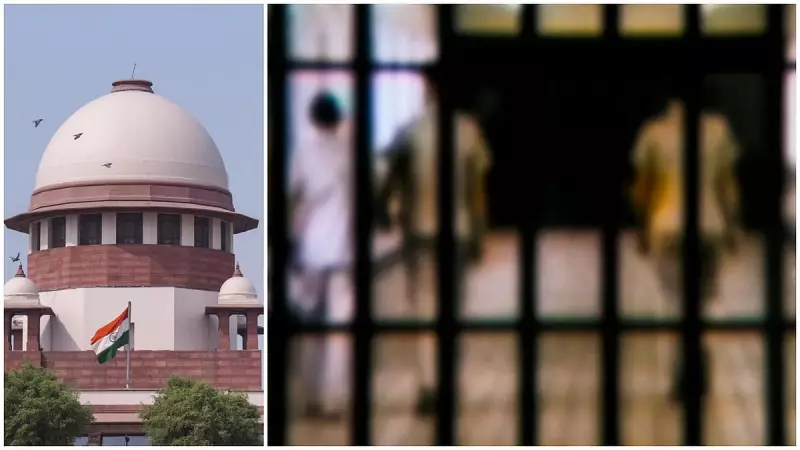
In a significant move that could transform India's judicial landscape, the Supreme Court has voiced strong dissatisfaction with the persistent delays in criminal trials across the country. The apex court has directed the creation of comprehensive pan-India guidelines to establish clear timelines for framing charges in criminal cases.
Judicial Frustration Over Endless Delays
The Supreme Court bench expressed deep concern over how protracted trials are undermining the justice delivery system. "Justice delayed is justice denied" has become more than just a legal maxim—it's the daily reality for thousands of litigants waiting for their day in court.
The Core Problem: Unending Trial Processes
Currently, the absence of standardized timeframes for framing charges—the crucial stage where the court formally informs the accused about the allegations against them—has led to massive backlogs. This procedural bottleneck affects cases from lower courts to high courts, creating a cascade of delays throughout the judicial system.
What This Means for India's Justice System
The Supreme Court's intervention aims to:
- Establish uniform timelines for framing charges across all Indian courts
- Reduce the massive backlog of pending criminal cases
- Ensure speedy trial as a fundamental right for all citizens
- Create accountability mechanisms for timely case disposal
A Step Toward Judicial Reform
This directive represents one of the most substantial efforts in recent years to address systemic delays in Indian courts. By setting clear deadlines for the charge-framing process, the judiciary aims to prevent cases from languishing in legal limbo for years.
The court's strong stance signals a renewed commitment to judicial efficiency and the fundamental right to speedy justice enshrined in the Indian Constitution. Legal experts believe this could mark the beginning of much-needed procedural reforms in the country's overburdened legal system.





